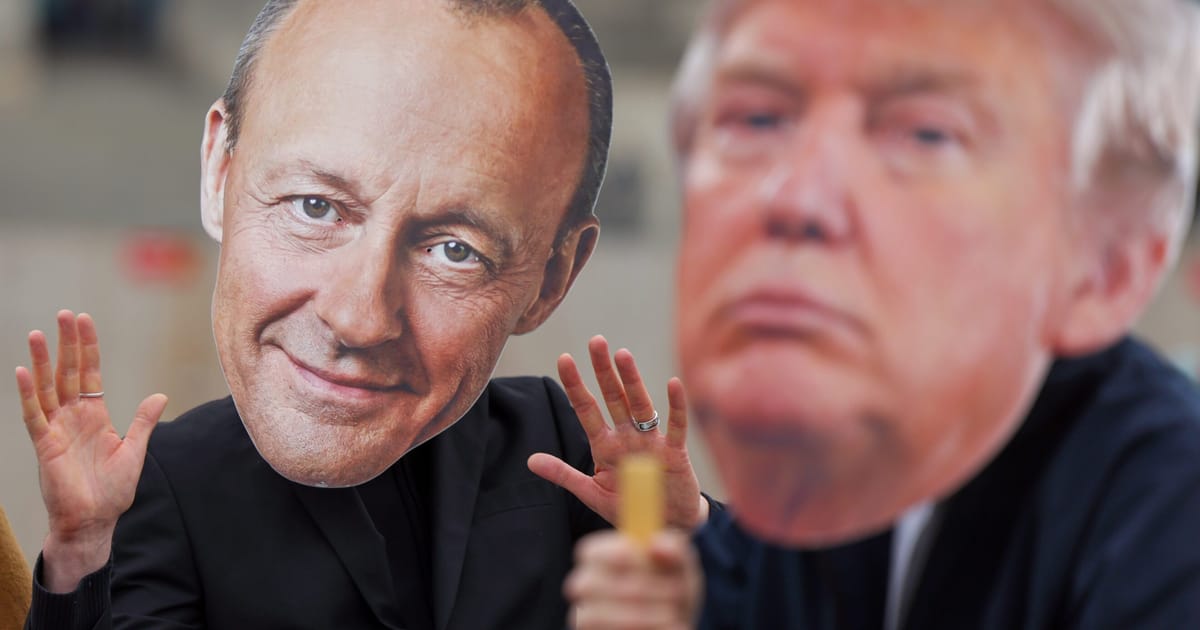After Germany’s federal domestic intelligence agency classified the AfD last week as a “proven” extremist organization — a designation that is fueling a long-simmering domestic debate on whether to ban the AfD under German law provisions intended to prevent a repeat of the Nazi past — the party received backing from the highest ranking members of Trump’s cabinet.
The extremist label was “tyranny in disguise,” U.S. Secretary of State Marco Rubio said in a post on X. “What is truly extremist is not the popular AfD, but rather the establishment’s deadly open border immigration policies that the AfD opposes.” U.S. Vice President JD Vance echoed the sentiment, saying “the German establishment” was effectively rebuilding the Berlin Wall.
Merz ― of the center right Christian Democrats (CDU) ― is part of the German establishment that Rubio and Vance were disparaging. Despite vowing to lead a severe crackdown on migration, Merz has refused to govern in coalition with the anti-immigration AfD, which came in second place in the February election, the best result for the far right in Germany’s postwar history, deeming the party to be too extreme. Instead he opted for the center-left Social Democratic Party (SPD), which scored its worst result in a national election since the 19th century.
This puts Merz in a uniquely risky political position. As the far right rises, he finds himself presiding over a coalition of crumbling mainstream parties that once dominated Germany’s political landscape.
Centrist governments comprising the SPD and Merz’s conservative bloc have long been referred to as “grand coalitions” for their sweeping majorities. But there’s nothing imposing about the current “grand coalition,” which is the weakest such partnership in history and leaves Merz open to accusations he’s leading a remnant of a vanishing order.
The rise of the AfD
In this position, Merz is particularly vulnerable to attacks from the AfD, which will be the largest opposition party in the parliament. AfD leaders incessantly depict Merz as a closet leftist because of his refusal to govern with them and due to his embrace of debt-fueled spending after his election victory, a complete reversal from his campaign rhetoric.
